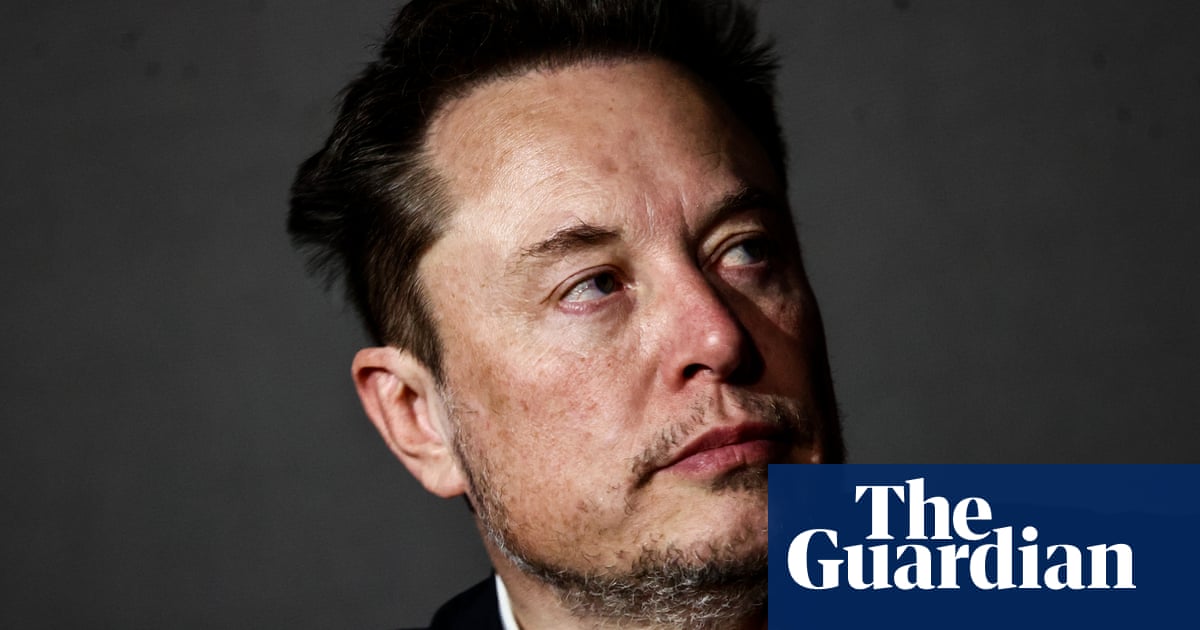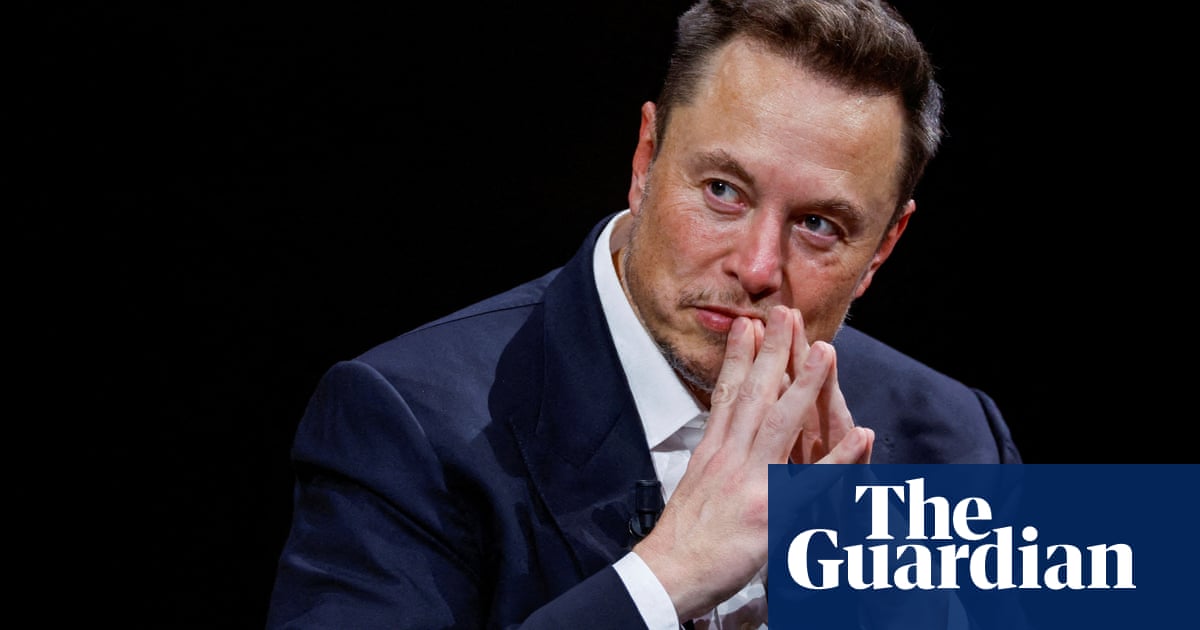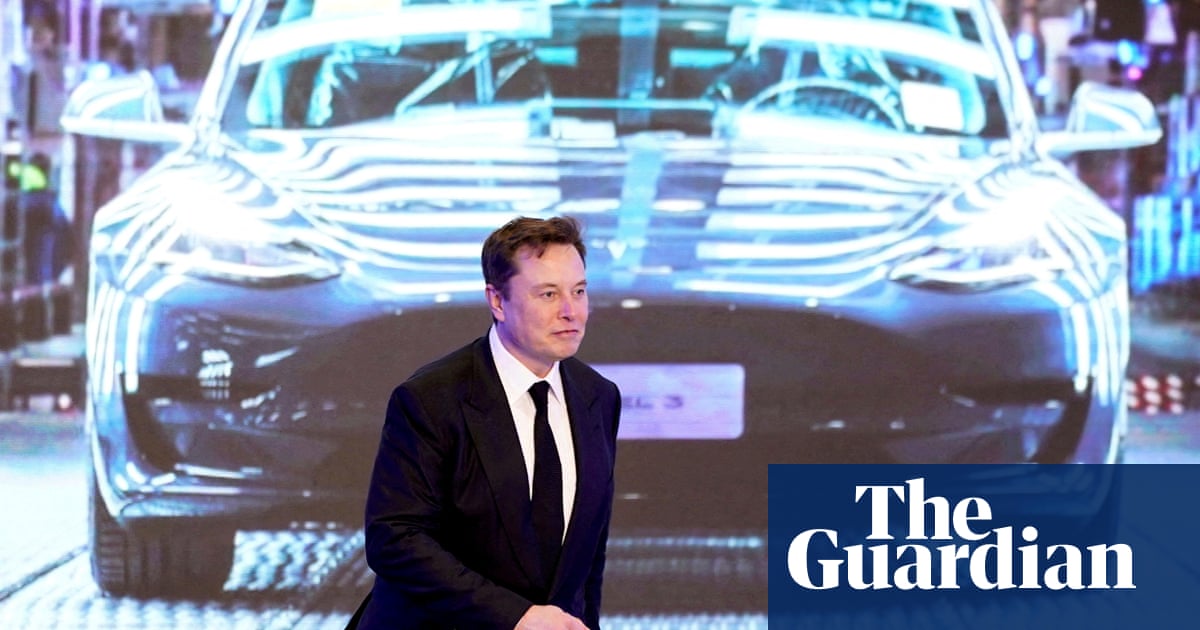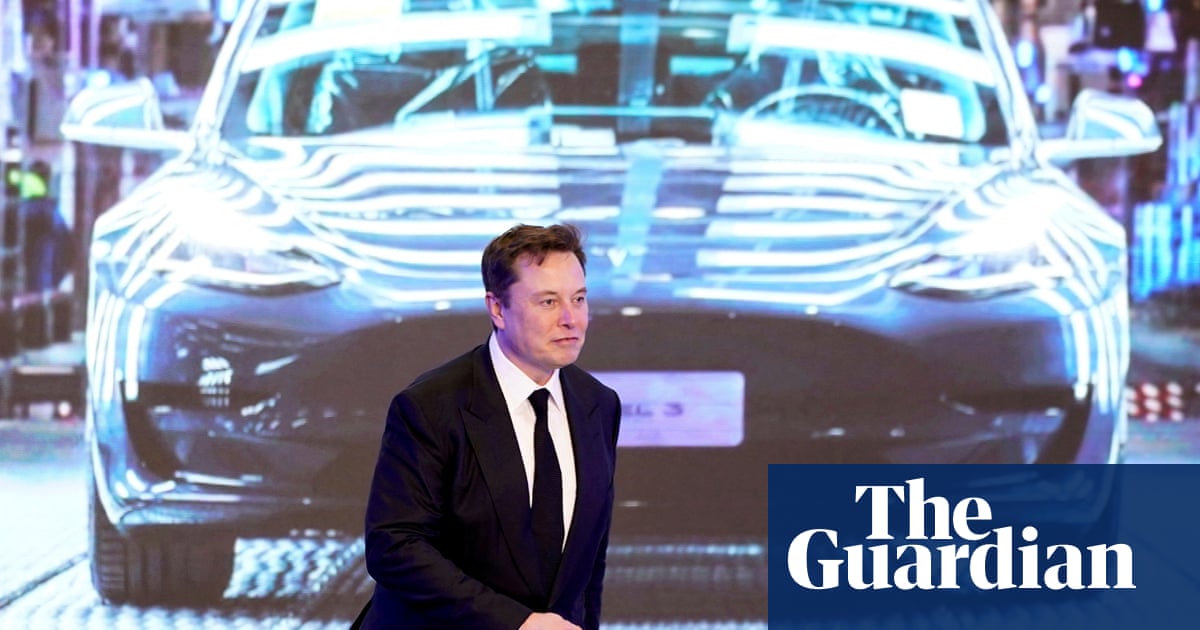
For one Tesla investor, the cause of Tuesday’s underwhelming sales figures was clear: the chief executive.
“Basically, Tesla can’t sell its cars due to Elon’s behaviour,” wrote Ross Gerber, the chief executive of the investment management firm Gerber Kawasaki. “Let’s stop blaming the Houthi rebels or German environmental terrorists. Or a recession that never came. Or interest rates. Only one person responsible for this.”
Writing on X, the social media platform owned by the Tesla boss, Gerber appeared to pin the blame on Musk’s antics on the same site. Gerber then added during an appearance on the Fox Business channel that the board of the carmaker had done nothing to stop Musk’s “toxic” behaviour on X that had “absolutely damaged the [Tesla] brand”.
Musk responded in typical style on X, calling Gerber an “idiot” who “can’t even tell he’s an idiot”. Musk also pointed to slowing sales at Chinese rival BYD, saying it was a “tough quarter for everyone”.
Gerber, a vocal critic of Musk, was responding to a sales update by Tesla on Tuesday that surprised Wall Street and triggered a 5% decline in the company’s stock, compounding a fall in shares of more than 30% this year.
Tesla said it had made approximately 387,000 deliveries to customers in the first quarter of 2024, missing market expectations by about 13%. It was its first fall in deliveries in nearly four years and the company cited factory shutdowns caused by shipping delays resulting from Houthi rebels’ attacks in the Red Sea and an arson attack at a Tesla plant in Berlin as mitigating factors. Another factor was the introduction of an updated version of Tesla’s Model 3 car at its Fremont site in the US.
However, the fact that there was greater percentage decline in deliveries than factory production indicated a problem with demand.
“There were some unique factors that impacted production in the quarter, but we believe demand is slowing,” wrote analysts at the investment bank UBS. “Showing a [year-on-year] delivery decline, especially at a rate greater than production decline, will do little to ease market concerns over growth.”
Musk may have lost the title of world’s richest person, but his global fame, sustained in part by his divisive online persona, is undiminished. Mark Borkowski, a PR consultant and author, said the Tesla boss exemplified the “PT Barnum-esque” approach to modern entrepreneurship.
“Everything in this cult of personality is fragile,” Borkowski said, but added that Musk had proven before that he can “re-spawn” when he encountered difficulties.
That fame has prompted some analysts to warn that Musk’s controversial behaviour – from endorsing antisemitic tweets to reinstating previously banned accounts on X – is affecting Tesla sales, particularly in the US, the carmaker’s largest market.
Musk has been “distancing himself by his actions” from one group of buyers, according to Gene Munster, a managing partner of the US firm Deepwater Asset Management.
Munster said there was was likely to be “an equal-sized group” that was “probably turned on by Elon” and some of the things that he did. Musk’s behaviour was likely to be a “slight negative” for US sales, Munster continued, adding that the bigger impact came from higher interest rates and a dimming of consumer excitement over electric vehicles.
Writing on X, Munster said he believed Tesla’s problems would pass because it was making the right decisions for the long run. Meanwhile, on Wednesday, the Financial Times reported that Tesla was about to scout locations in India for a $2bn (£1.6bn) to $3bn manufacturing plant that it hoped to build.
Daniel Ives, the managing director at US financial services company Wedbush Securities, was alarmed by the sales figures, describing them as an “unmitigated disaster” that was hard to explain away.
Ives did not believe that Musk’s divisive showmanship was the main reason for the dip. He said the core issues were the softening of global demand for electric vehicles and problems in China, Tesla’s second biggest market, where he estimated that deliveries fell by at least 3% compared with the previous year.
However, Ives ascribed some impact to Musk, warning that the Tesla boss was “putting gasoline on the fire”.
He argued that 70% of the first-quarter “train wreck” was related to China and an easing in EV demand worldwide, adding: “Thirty per cent of the Tesla issues in my view is Musk-driven at this point, with potential customers driven away by his antics..”
Other analysts were emphatic that Musk’s X feed did not influence sales. “I would say that the impact of his personality is minimal. We live in a digitised period of hyper-short-termism now, and Elon’s tweet is yesterday’s tweet,” said Matthias Schmidt, an automotive industry analyst.
Marina Alekseenkova, a director at Hypothesis Research, said she believed Tesla remained in a “relatively strong” position and that the poor update was down to one-off issues. “I do not believe that people’s choices depend on what is on X,” she added.
For once, Musk might be grateful for the lack of attention.
Tesla was contacted for comment.












